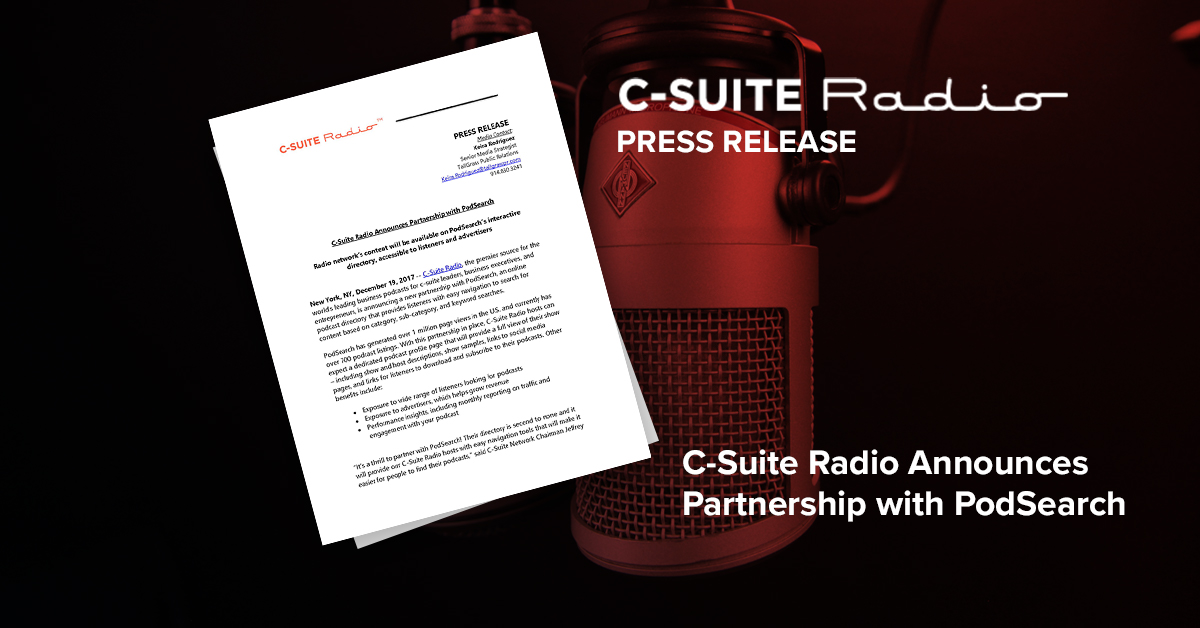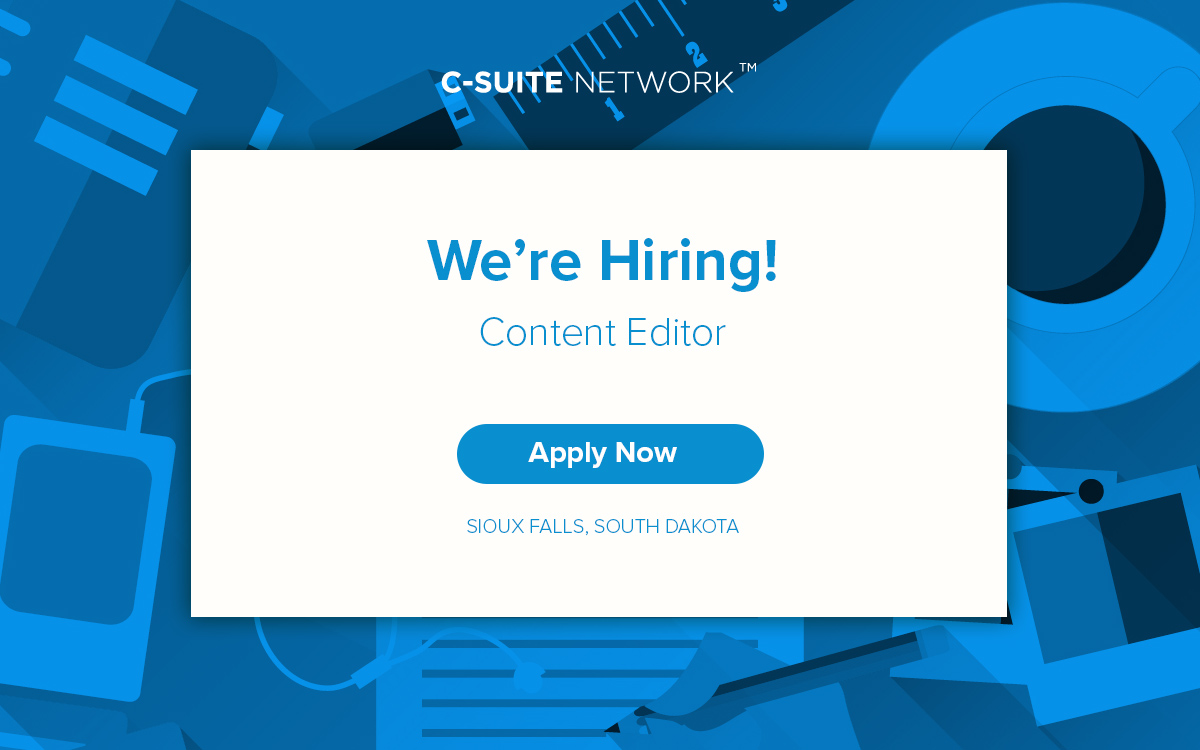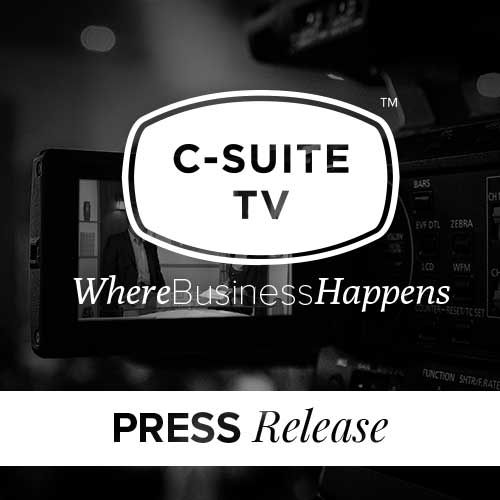
Why Your Job Offer is Taking Forever
Why Your Job Offer is Taking Forever https://csuiteold.c-suitenetwork.com/wp-content/uploads/2014/02/watch.jpg 620 450 C-Suite Network https://csuiteold.c-suitenetwork.com/wp-content/uploads/2014/02/watch.jpgby David Martin
C-Suite executives are used to getting what they want. Thus, it’s not unusual for them to get frustrated when they interview and negotiate for a role in a new firm. That’s often when my phone rings.
Although I’m not a recruiter, I often play a trusted adviser role with senior executives. Who else can they talk to who is in a neutral, but knowledgeable, position to strategize within the midst of a prolonged interview process? While each person calls for different reasons, almost universally they complain about how much longer the process is taking than they were told it would. They often conclude that the hiring company is completely inept or the people who work there don’t tell the truth.
Interviews for senior executive roles will ALWAYS take longer than predicted, and it’s not because anyone is stupid or dishonest. We help our clients find the hidden barriers to executing their strategies for growth, but because of more private conversations like these, we’ve also identified some hidden speed bumps that slow the senior executive interview process.
Even if you’re not interviewing for a new role today, tuck this away because you’ll likely need the reminder in the future. If you’re on the hiring side, perhaps this will help you forge a better bond with your potential new team member.
5 Reasons why your interview process is going more slowly than you want it to:
- We all lie to ourselves – You probably lied to yourself today. If you’re like most people, by 9 or 10 a.m., the day you told yourself you’d be having — and the day you’re actually having — are two completely different things. Because you don’t work in a vacuum, other people’s needs, agendas and processes intrude on your idealized day and force you to change your plans. If your day has veered from its plan by 9 a.m., imagine how that can happen with an interview process involving a team of senior executives, multiple departments and travel schedules. Oh yeah — these people are also running a large company. Expect a change in plans.
- Caution means slow – The role you’re being hired for is extremely important, and the cost of making a bad hire is enormous. If the person you were replacing was terrible, people don’t want to repeat the mistake. If the person you’re replacing was amazing, they’re nervous about filling big shoes. Either way, it makes the hiring decision feel extremely weighty, which triggers caution. Is that such a bad thing? The longer things take, the more opportunities both parties have to see the other’s true colors.
- Tailoring takes time – At this level, no two candidates are the same. The hiring firm will probably tailor this job to whomever they hire. For example, my client interviewed originally for a CIO role with a large, Asian conglomerate. After the hiring firm learned of his operations experience, they paused the process to consider re-scoping the job into a CIO/COO role. A job that is tailored to you is a good thing, but tailoring takes extra time.
- Big hires trigger strategy conversations – Executives are always running fast and rarely get as much time as they want to reassess strategy. Even well-run firms find discussions with bright, creative candidates — plus the accompanying prep and post-mortem discussions — spark new thinking. Behind the scenes, hiring a new exec causes leaders to ask themselves if they need to make any strategic shifts. As long as it’s productive, that’s also a good thing. The interview process becomes a catalyst for updated thinking among key leaders.
- This is not college recruiting – While the hiring company may have a well-run process and team in place to recruit and train 500 new college hires each year, they haven’t hired for your role in several years. There is no process in place, and given the above factors, even if there were, thoughtful leaders would not let it force them to make a big decision in haste.
I’ve witnessed the high cost of bad hiring decisions to both employer and employee. While slower doesn’t mean better, rushing the decisions almost never is a winning tactic. If the job is a fit, things will likely come together. Once you understand the game, you can let the timing work to your advantage. In the meantime, grinding your gears isn’t helping. Go enjoy the sunset and chill for a minute.
 David Martin is an expert in business growth execution. He helps executives from across the country and around the world deliver their best ideas by identifying and overcoming the hidden, invisible barriers that derail success. Having a great idea is the easy part, but it’s only the beginning. With David’s guidance, clients find their way to realizing massive, lasting change. www.growthvault.com and @growthvault.
David Martin is an expert in business growth execution. He helps executives from across the country and around the world deliver their best ideas by identifying and overcoming the hidden, invisible barriers that derail success. Having a great idea is the easy part, but it’s only the beginning. With David’s guidance, clients find their way to realizing massive, lasting change. www.growthvault.com and @growthvault.





